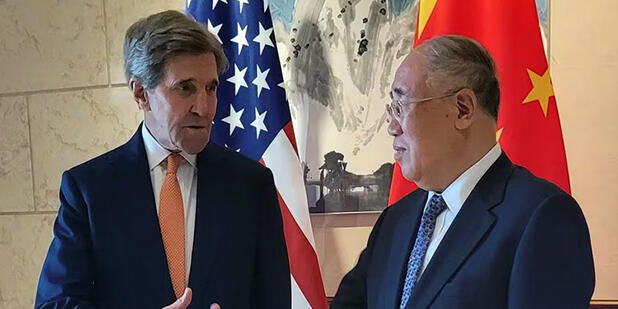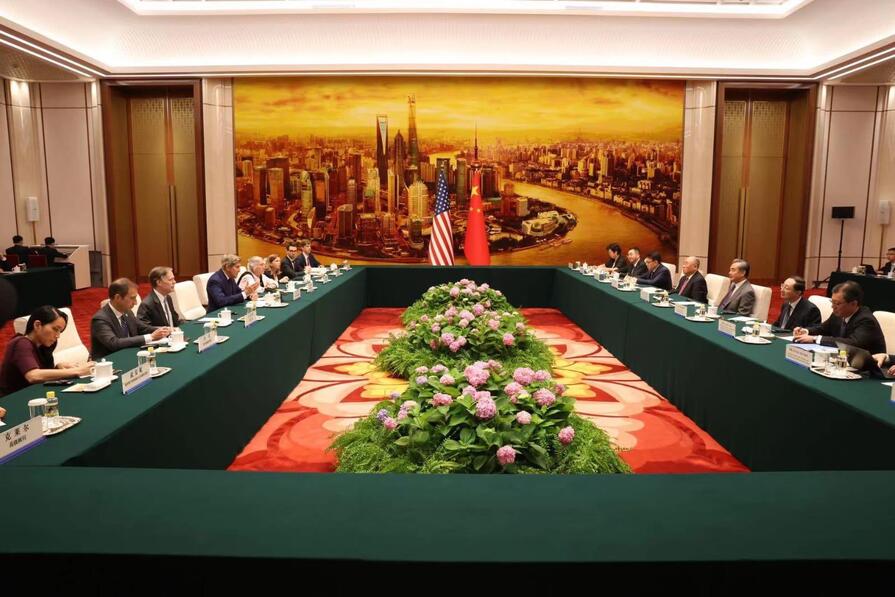By Rebecca Carter
The article originally appeared in USC News on November 23, 2009.
USC School of Policy, Planning, and Development professor Shui Yan Tang was named a fellow of the National Academy of Public Administration (NAPA) on Nov. 19.
Established in 1967 and chartered by Congress in 1984, the academy consists of professional and academic leaders in public management.
The academy provides objective advice and practical solutions to help the local, state and federal government effectively address current challenges. Fellows are chosen for their sustained and outstanding contribution to the field of public administration through public service or scholarship.
Tang was formally elected to the academy at the academy’s annual conference in Washington, D.C.
“This award recognizes Yan for his extensive scholarly record, his fine leadership of the master of public administration program at SPPD and his valuable work with public and nonprofit managers in the U.S. and abroad,” said Jack Knott, dean of SPPD.
“His knowledge and research in American and Asian affairs, institutional analysis and design, collaborative governance, local and community-based governance, common-pool resource governance, environmental politics and policy, and microfinance will be of great value to NAPA’s work,” he said.
In addition to the National Academy of Sciences, which includes the National Academy of Engineering and the Institute of Medicine, the National Academy of Public Administration is the only other congressionally chartered academy.
The academy names only a limited number of fellows each year. Currently, there are 650 distinguished fellows, including current and former members of Congress and Cabinet officers, governors, mayors, state legislators, diplomats, scholars and local public officials, as well as private and nonprofit executives.
“It is an honor,” Tang said. “NAPA is one of the premier centers on public administration. It is an opportunity for me to be engaged in a lot of cutting-edge research.”
Tang also noted that he is excited for the opportunity to reach out internationally to engage with other researchers and to promote his research on collaborative governance.
Tang is the author of Institutions and Collective Action: Self-Governance in Irrigation and has been published in numerous journals. He is also the associate editor of the Journal of Public Administration Research and Theory and presently serves on the editorial boards for the International Public Administration Review and the Journal of Public Affairs Education.
Tang’s election brings the total number of SPPD-affiliated National Academy of Public Administration members to 10. Members include Knott, Robert Biller, Ross Clayton, Chet Newland, Jane Pisano, Mark Pisano, E. Kim Nelson, Francine Rabinovitz and Joseph Wholey.



